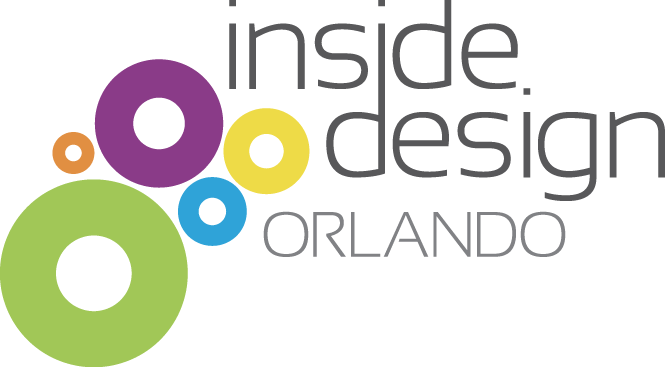 When planning the overall design of your new website, you will have to make a choice between dynamic and static pages for the site wireframe makeup.
When planning the overall design of your new website, you will have to make a choice between dynamic and static pages for the site wireframe makeup.
Choosing static pages versus dynamic pages should be based upon the type of software chosen for the site development and other criteria which we’ll be discussing in this post.
Advantages of a static website with static html pages:
If page content is unlikely to change, then a static page is a good choice. A page you might choose to have as static might be the ABOUT page on the website.
Typically, static websites are much simpler to create and host as compared to a CMS (content managed systems) and less costly.
Once a “static” page is designed and loaded to the server, each time the page is viewed, you will receive exactly the same reponse.
Other static page examples would be Flash and Shockwave (changing image presentations, etc.) They are downloaded the same each time they are accessed from the server.
..
Disadvantages of a static website with static html pages:
Although an “all static” site may be less costly in the beginning, it could become costly if you have a great deal of changes in a short period of time..
Competitively, you may be better off by having more functionality and being in line with your main competitors websites.
You are also going to have to wait until the developer has time to edit your page.
Advantages to a (CMS) Content Managed System with dynamic page content:
A (CMS) content management system is a system that allows users to add, edit, update and delete their website content quickly and easily through the use of an administration section on their website and a database (usually MySQL, MSSQL or Access.). Page content may be managed daily and prevent the cost associated with the site developer.
If you are planning to sell products online and/or change content daily, then a content management system which features “dynamic pages” is the best solution for you.
The developer would be adding a database (MySQL, Access, PHP, ASP, or other for the CMS platform). Once the data base is set up, the site owner can then easily make edits, as needed. This method may prove to be cheaper in the long run, easier to determine the site budget during the year which is a huge plus for most site owners.
WordPress is a more user friendly CMS system and easy for site owners to master and use daily.
Disadvantages to a (CMS) Content Managed System with dynamic page content:
The price for a simple html site is less costly than a CMS site with dynamic pages. A CMS Platform with dynamic pages takes longer to program and upload.
Some site owners will require some hands on training to get up to speed and run the CMS system. Each system is a bit different.
Drupal Platform and Joomla to name a couple of CMS Platforms are known to have a larger learning curve
Last but not least …some site owners complain that users having low bandwidths are not able to load the site as quickly as would be the case with static pages.
Our conclusion:
There are both pros and cons for the CMS website versus the all static site and all static pages.
Cost wise it is always better at the end of the day to be as independent as possible and learn to operate and manage your own website. There are of course programming methods which will still require a professional but the majority of the applications should be user friendly.
Call our office to discuss both methods and as we meet with you for your website consultation or re-design consult, we will discuss which is best for you based upon your own unique requirements. InsideDesignOrlando is available to assist you in a greater understanding of the process.
Stay tuned to our “Design Shop” as we enlighten our viewers on the rules of the road (as it involves the web).
Jean Holland-Rose
Chief Creative Officer and SEO Professional
InsideDesignOrlando




